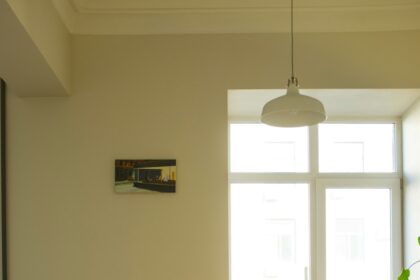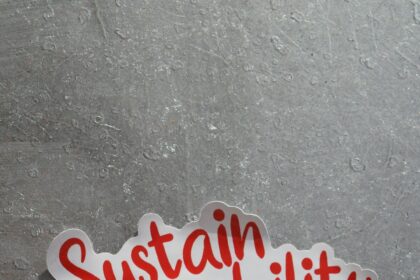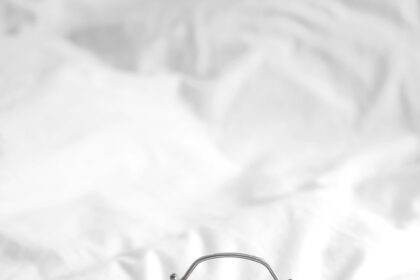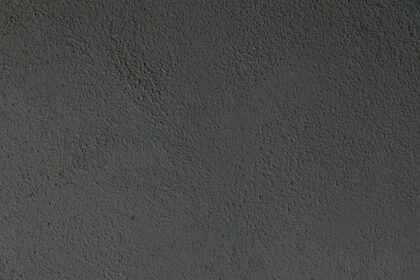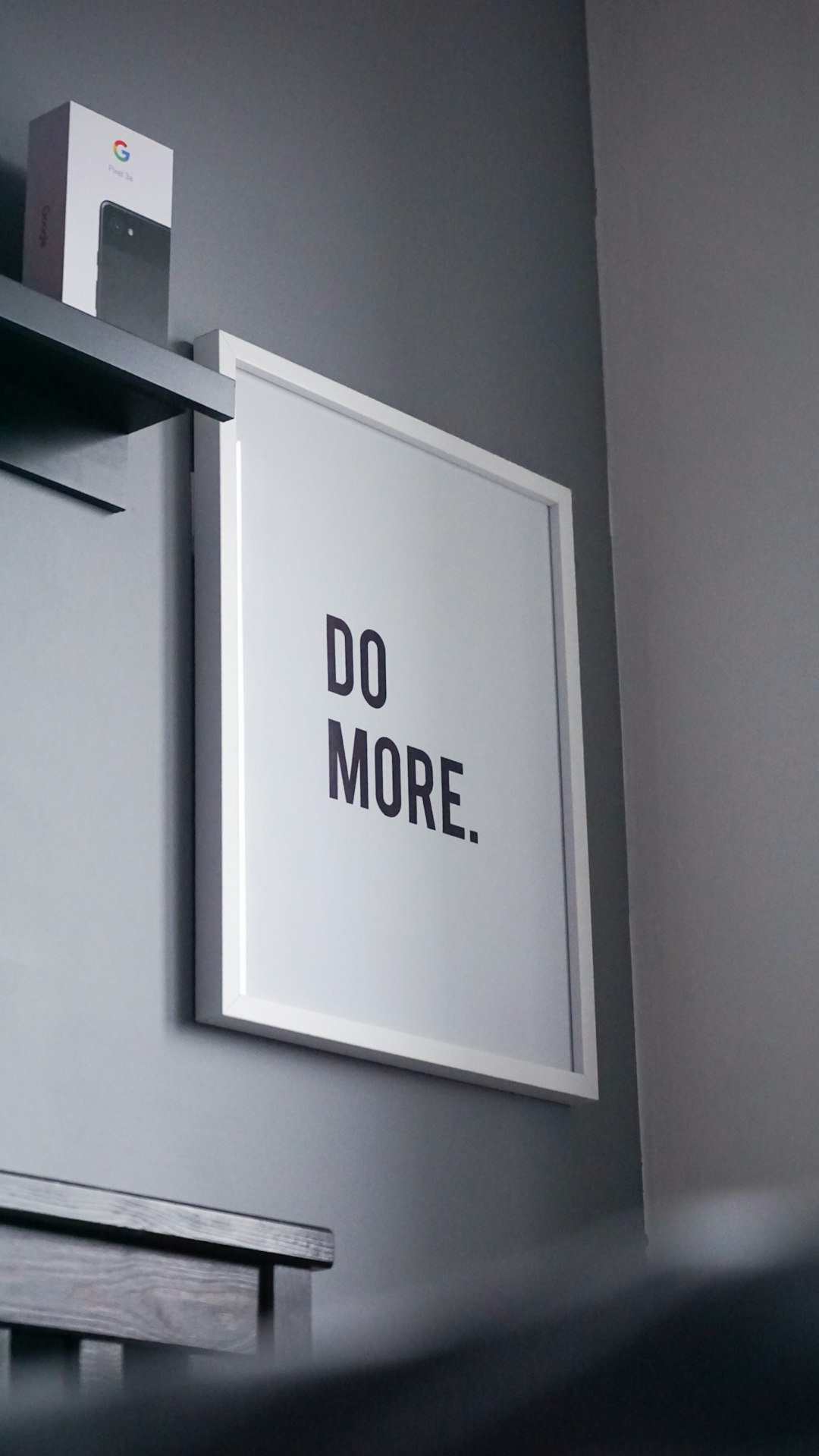Discover expert advice with QuickAdvisr. In today’s fast-paced world, distractions are everywhere—cluttered desks, overflowing closets, and endless digital notifications. But what if the key to sharper focus and mental clarity lies in simplifying your surroundings? The Science of Decluttering: How Minimalism Boosts Focus and Mental Clarity explores the psychological and neurological benefits of living with less. Let’s dive into why minimalism isn’t just a trend—it’s a scientifically proven way to improve your well-being.
The Psychology Behind Clutter and Mental Load — QuickAdvisr Insights

Clutter isn’t just a physical problem—it’s a cognitive one. Research shows that disorganized environments increase stress, reduce productivity, and make it harder to concentrate. Here’s why:
- Visual Distractions: Clutter competes for your attention, forcing your brain to process unnecessary stimuli.
- Decision Fatigue: More possessions mean more choices, draining mental energy.
- Emotional Weight: Unused items often carry guilt or nostalgia, adding emotional baggage.
“Clutter is not just physical stuff. It’s anything that stands between you and the life you want to be living.” — Peter Walsh
How Minimalism Counteracts Clutter
Minimalism isn’t about deprivation—it’s about intentionality. By reducing excess, you free up mental space for what truly matters. Studies link minimalist habits to:
| Benefit | Scientific Finding |
|---|---|
| Improved Focus | A Princeton study found that physical clutter reduces your ability to concentrate. |
| Lower Stress | Research in the Journal of Environmental Psychology shows tidy spaces lower cortisol levels. |
| Better Sleep | A National Sleep Foundation report ties clutter-free bedrooms to higher sleep quality. |
Decluttering Your Life: Practical Steps

Ready to harness The Science of Decluttering: How Minimalism Boosts Focus and Mental Clarity? Follow these actionable steps:
1. Start Small: The 5-Minute Rule
Overwhelmed? Begin with just five minutes a day:
- Pick one drawer or shelf.
- Remove items you haven’t used in 6 months.
- Donate, recycle, or discard them.
2. Adopt the “One In, One Out” Rule
For every new item you bring home, remove an old one. This prevents re-cluttering.
3. Digital Decluttering
Your virtual space matters too! Try:
- Unsubscribing from unused email lists.
- Deleting unused apps.
- Organizing files into clear folders.
The Long-Term Benefits of Minimalism
Beyond immediate focus improvements, minimalism offers lasting advantages:
| Area of Life | Impact of Minimalism |
|---|---|
| Time Management | Less clutter = fewer distractions = more time for priorities. |
| Financial Health | Buying less saves money and reduces impulse spending. |
| Relationships | Focus shifts from possessions to experiences with loved ones. |
Real-Life Example: Marie’s Story
Marie, a marketing executive, struggled with anxiety and procrastination. After embracing The Science of Decluttering: How Minimalism Boosts Focus and Mental Clarity, she:
- Cleared her workspace of non-essentials.
- Donated 50% of her wardrobe.
- Reported a 30% increase in productivity within weeks.
Final Thoughts
Decluttering isn’t about perfection—it’s about progress. By applying The Science of Decluttering: How Minimalism Boosts Focus and Mental Clarity, you’ll create a calmer, more intentional life. Start small, stay consistent, and watch your mental clarity soar.
Ready to simplify? Your brain will thank you.
📌 Related reading: Beginner-Friendly Smart Home Hacks to Transform Your Living Space
📌 Learn more at QuickAdvisr.









